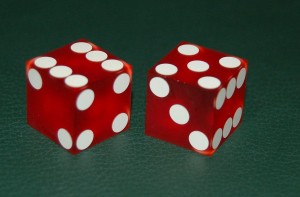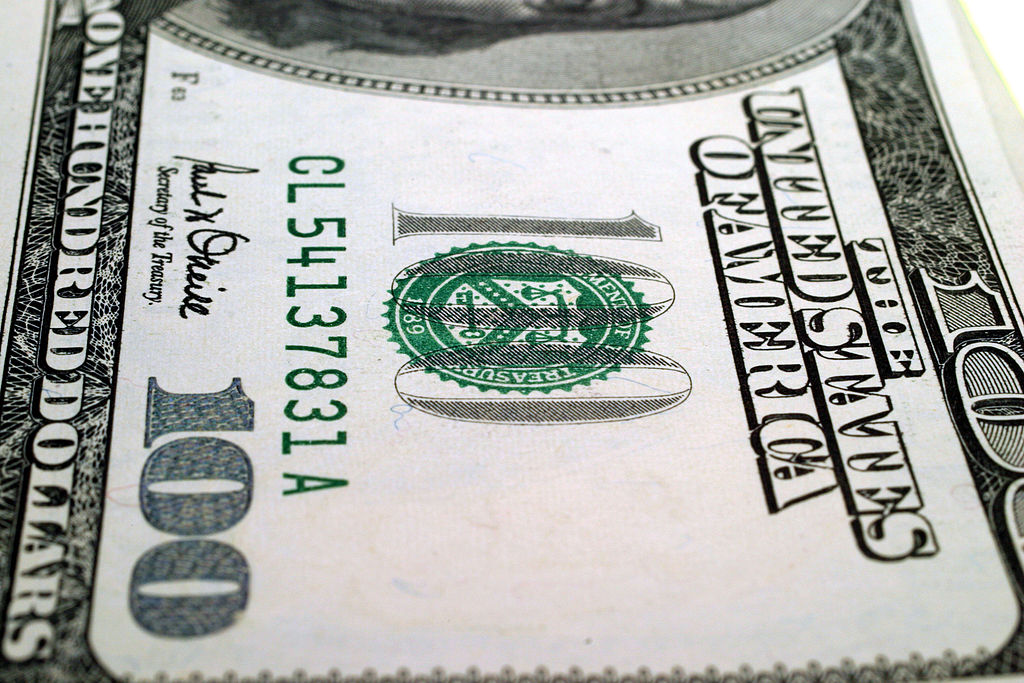 The Arkansas Lottery has decided to bring “monitor games” to the state later this summer despite objections from lawmakers. One of the first monitor games they apparently plan to roll out is, for lack of a better term, keno.
The Arkansas Lottery has decided to bring “monitor games” to the state later this summer despite objections from lawmakers. One of the first monitor games they apparently plan to roll out is, for lack of a better term, keno.
We’ve heard a few people describe the monitor games as “keno-like” or “similar to Powerball.” Many people do not know what keno is, and they assume it’s just another lottery game. Here’s a very brief breakdown of keno and a few ways it differs from your typical lottery (Note: For the sake of example, we are comparing Keno to Powerball, as Powerball is fairly standard lottery).
How Keno and Powerball Are Similar
Both are, essentially, “draw games.” In a “draw game,” players try to guess which numbers will be drawn from a pool of numbers. For instance, if I ask you to guess a number between 1 and 10, you could call that a “draw game.” I thought of (drew) one number out of ten possible numbers, and I asked you to guess which number I drew. This would be called a 1-from-10 lottery (one number chosen from ten possible numbers).
How Keno and Powerball are Different
- Keno draws more numbers from a bigger pool of potential numbers than Powerball.
- Keno’s odds are much worse than Powerball’s.
- Keno is traditionally played in casinos.
Keno draws more numbers from a bigger pool of potential numbers than Powerball. Powerball is a 5-from-59 lottery and a 1-from-35 lottery rolled into one game. Players choose five numbers between 1 and 59; then they choose the “powerball”–one number between 1 and 35. If they get all 6 numbers right, they win the grand prize jackpot; if they get some of the numbers right (e.g. the first five numbers, the Powerball number, etc.), they get some prize money, but not the whole jackpot.
Keno is typically a 20-from-80 lottery. Players select 20 numbers from 1 to 80. If the computer draws some of those numbers, the player gets a prize.
In a sense, keno is a much bigger lottery game than Powerball.
Keno’s odds are much worse than Powerball’s. The odds of winning the Powerball jackpot are approximately 1 in 175.2 million. That means if you bought 175 million Powerball tickets, one of them might be a jackpot winner.
Keno’s jackpot odds, by contrast are 1 in 3.5 quintrillion. Statistically speaking, it is virtually impossible to guess all 20 keno numbers correctly. That is why players usually win prizes for getting some of the numbers right.
Even if the Arkansas Lottery brings a “keno-like” game to Arkansas–like the Quick Draw game that lottery officials showed legislators earlier this year–the odds of winning will still be pathetic, to say the least.
Keno is typically played in casinos. Keno is a fast-paced game. Typically, keno numbers are either drawn from a bin full of numbers (similar to Bingo) or are selected at random by a computer. The drawing occurs within minutes after players pick the numbers for their keno tickets. Because drawings typically occur repeatedly, just a few minutes apart, players can keep playing over and over again. Drawing results are usually called out or displayed on a monitor.
That style of play makes keno very much a “casino game.” It isn’t like Powerball, where a player buys a ticket and goes home to wait and see the results on the evening news. It’s played in a live room full of gamblers over and over again.
With this in mind, it’s reasonable to think bringing keno and monitor games to Arkansas will lead to “miniature casinos” popping up around the state, as bars and convenience stores begin offering these games under the auspices of the Arkansas Lottery.
Conclusion
Keno has a few things in common with Powerball and Bingo, but at the end of the day it is arguably a more destructive game. Keno offers worse odds and continuous play, which means Arkansans potentially could gamble away more money more quickly by playing keno than they might playing Powerball or even buying scratch-off tickets.
Even if the final game the Arkansas Lottery rolls out later this year is only loosely based on keno, monitor games as a whole are linked with increased problem gambling and gambling addiction.
In short, any monitor games brought to Arkansas will only bring trouble with them.




